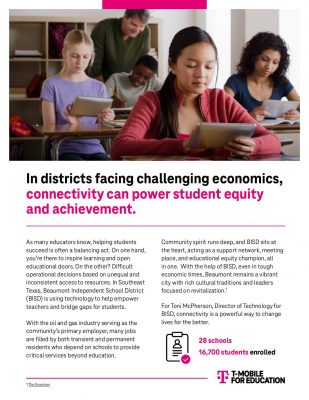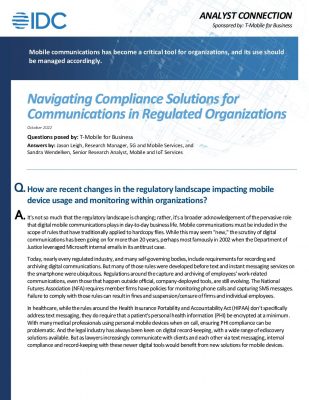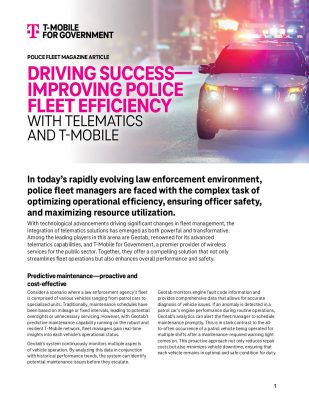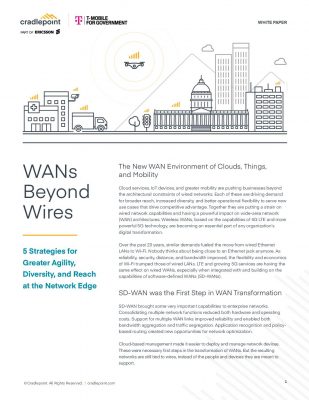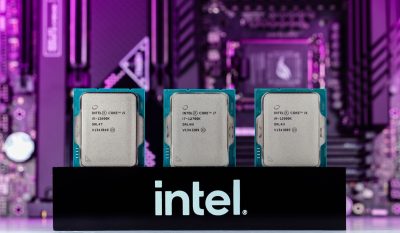IBM reveals that Kyndryl will be the name of the new, independent company created after the separation of its Managed Infrastructure Services business. The separation nuances will get completed by the end of 2021.
IBM spoke about the separation way back in October. It also said that the new business creation would help IBM streamline the operating model, consolidate shared services, and concentrate on new and cloud markets. The new markets include the scope of artificial intelligence and its hybrid cloud business, including Red Hat.
The managed infrastructure company will fly off. After that, IBM will transition from being a company with half revenue in services to becoming a company with more than 50% sales coming from recurring revenue. The headquarters of Kyndryl will be in New York City.
“Kyndryl evokes the spirit of true partnership and growth,” Kyndryl CEO Martin Schroeter said. “Customers around the world will come to know Kyndryl as a brand that runs the vital systems at the heart of progress, and an independent company with the best global talent in the industry.”
The authority of heading the spin-off was given to Schroeter in January. The individual served as IBM’s Senior Vice President of Global Markets and acted as Chief Financial Officer from 2014 to 2017.
“‘Kyn’ is derived from the word kinship, referencing the belief that relationships with people — employees, customers, and partners — are at the center of the strategy, and that long-lasting relationships must be built and nurtured,” Big Blue wrote in a press release.
“‘Dryl’ comes from tendril, bringing to mind new growth and the idea that — together with customers and partners — the business is always working toward advancing human progress.”
IBM believes Kyndryl will create a global base of 4,600 consumers.
“Creating a name is just the start of our journey as a brand,” Kyndryl Chief Marketing Officer Maria Bartolome Winans added. “Our vision is to be the leading company that designs, runs and modernises the critical technology infrastructure of the world’s most important businesses and institutions, ultimately powering human progress.”











